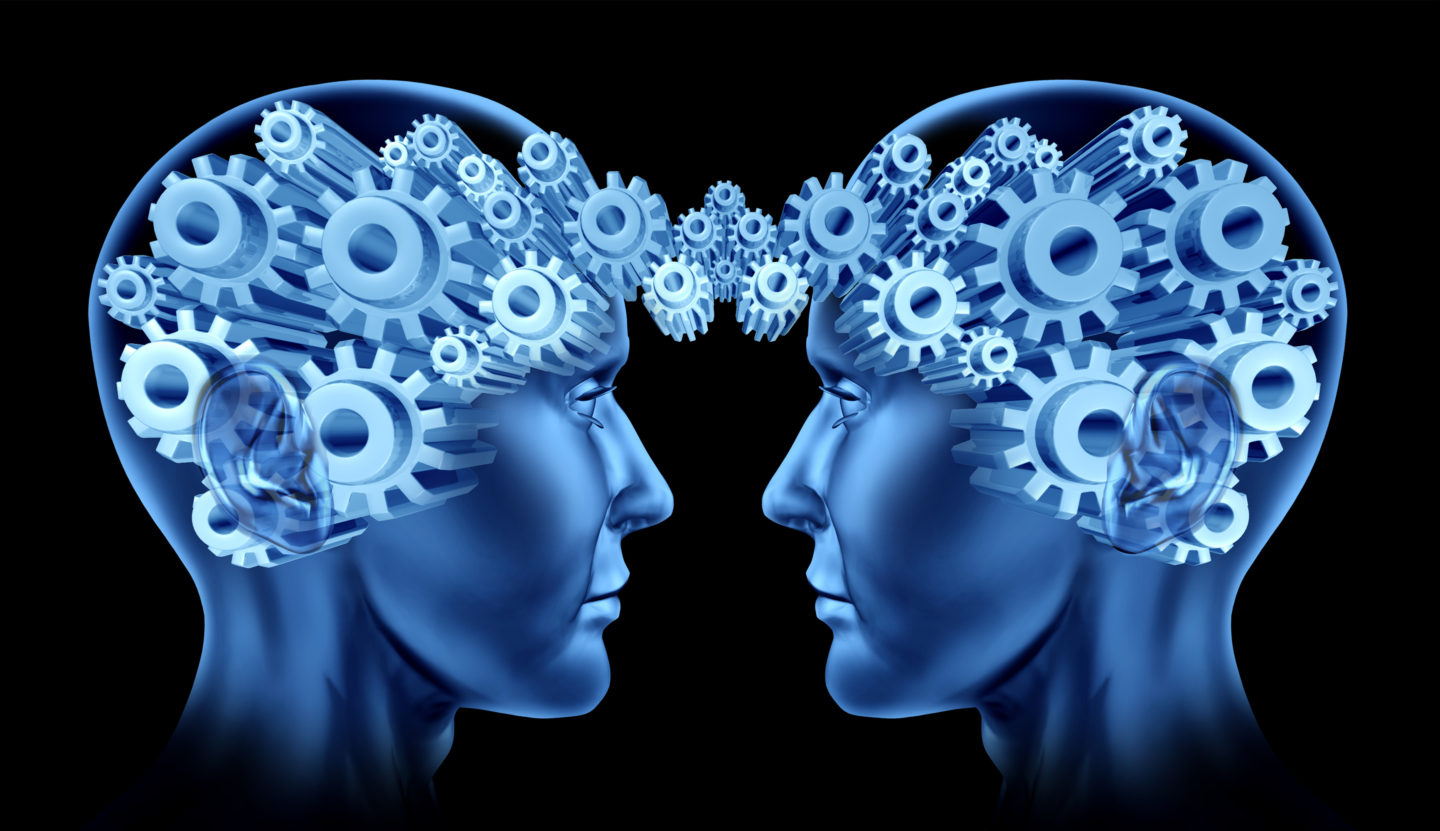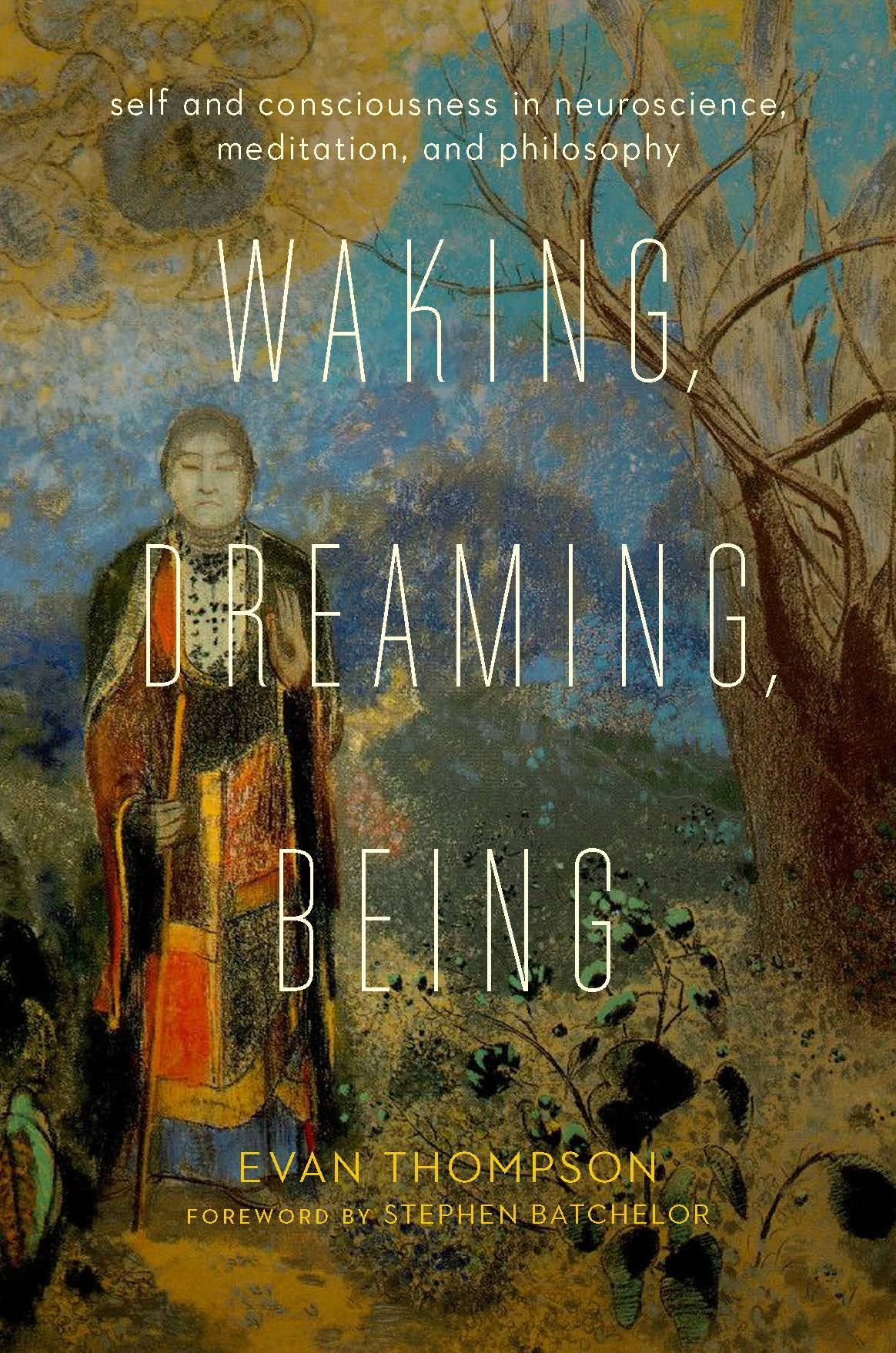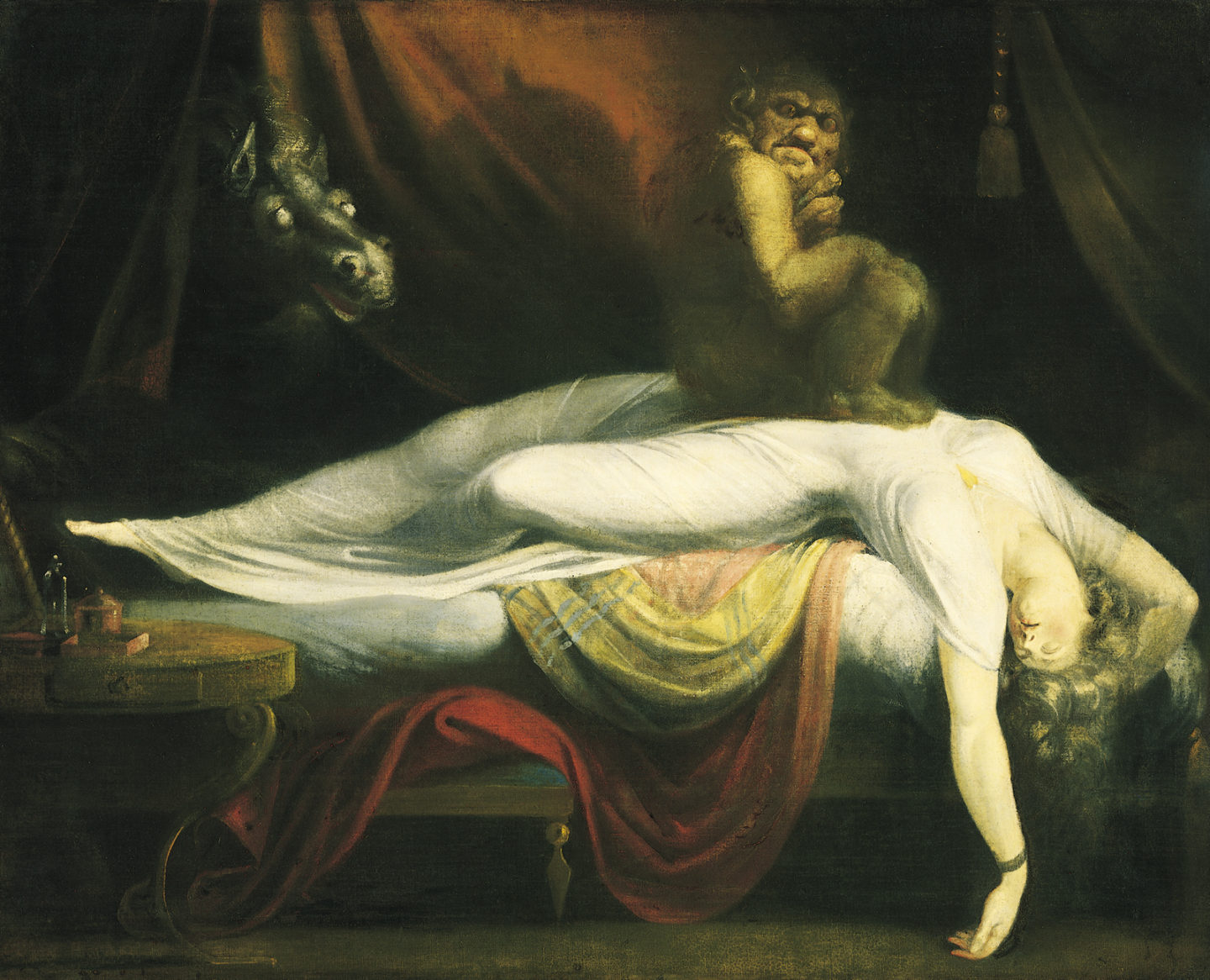CFP Special Issue of Minds and Machines on Computation and Representation in Cognitive Neuroscience
GUEST EDITOR Gualtiero Piccinini, University of Missouri – St. Louis INTRODUCTION Cognitive neuroscientists routinely explain cognition in terms of neural computations over neural representations. Yet some critics argue that cognitive neuroscience does not need the notions of neural computation and representations or, worse, that these notions are untenable. Whether or …






